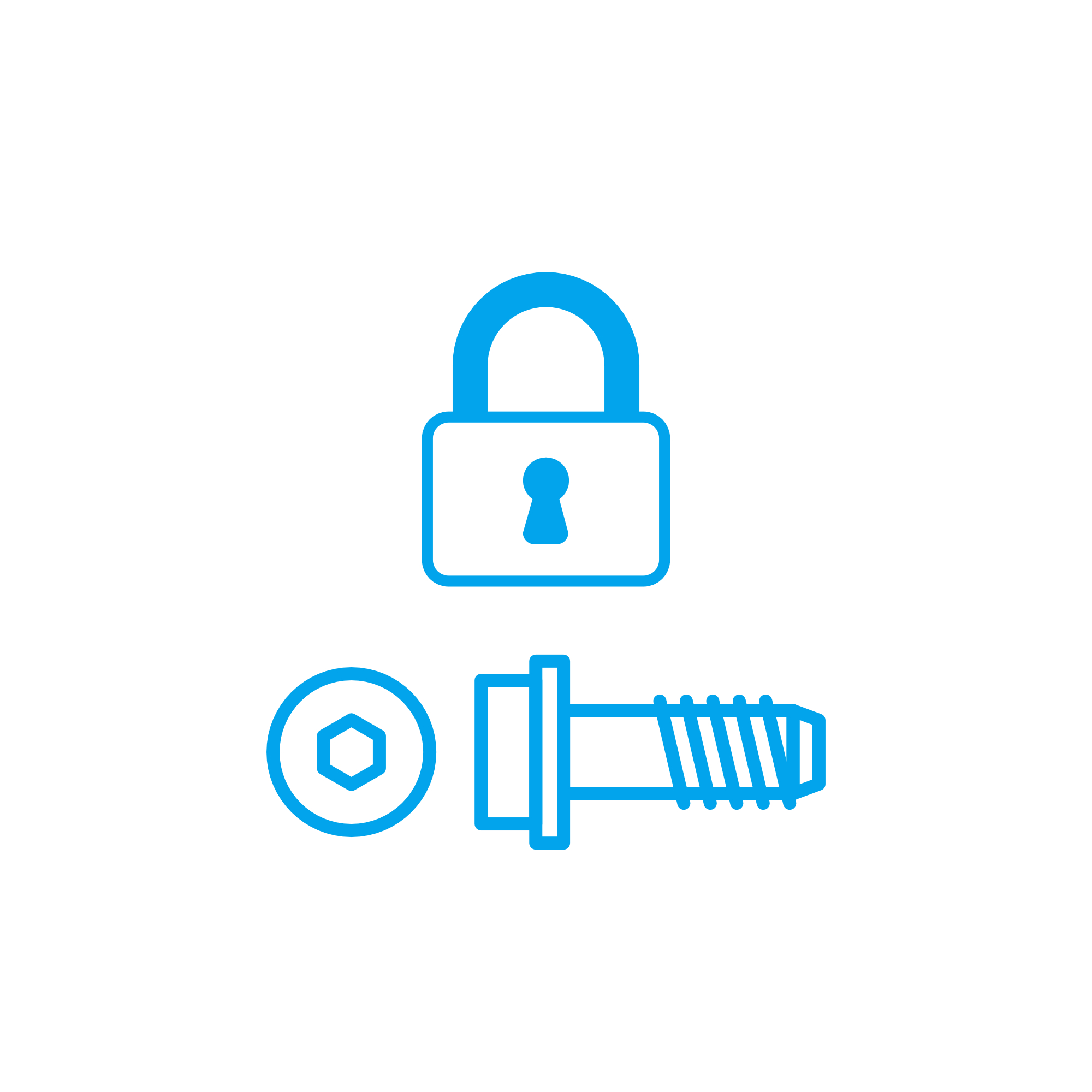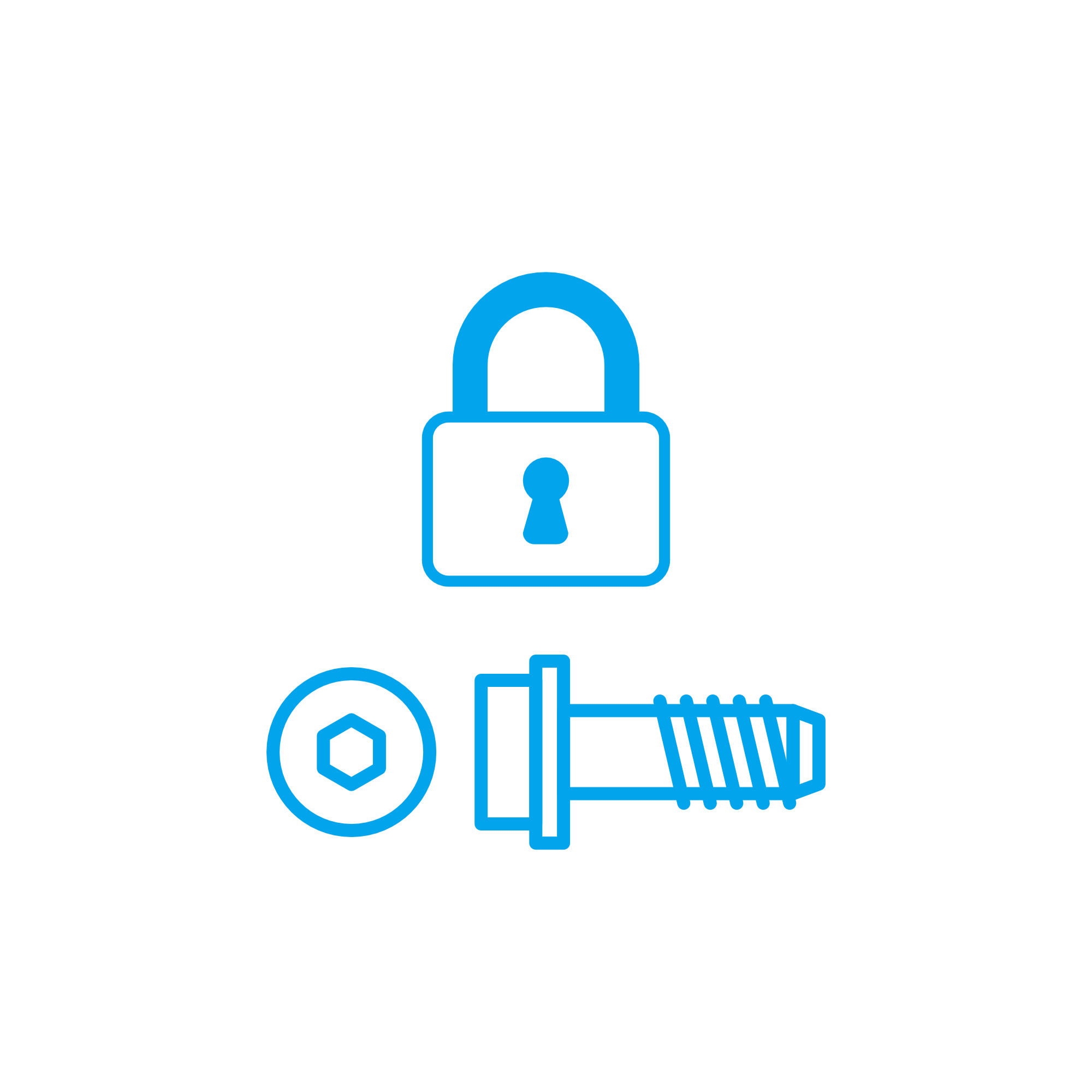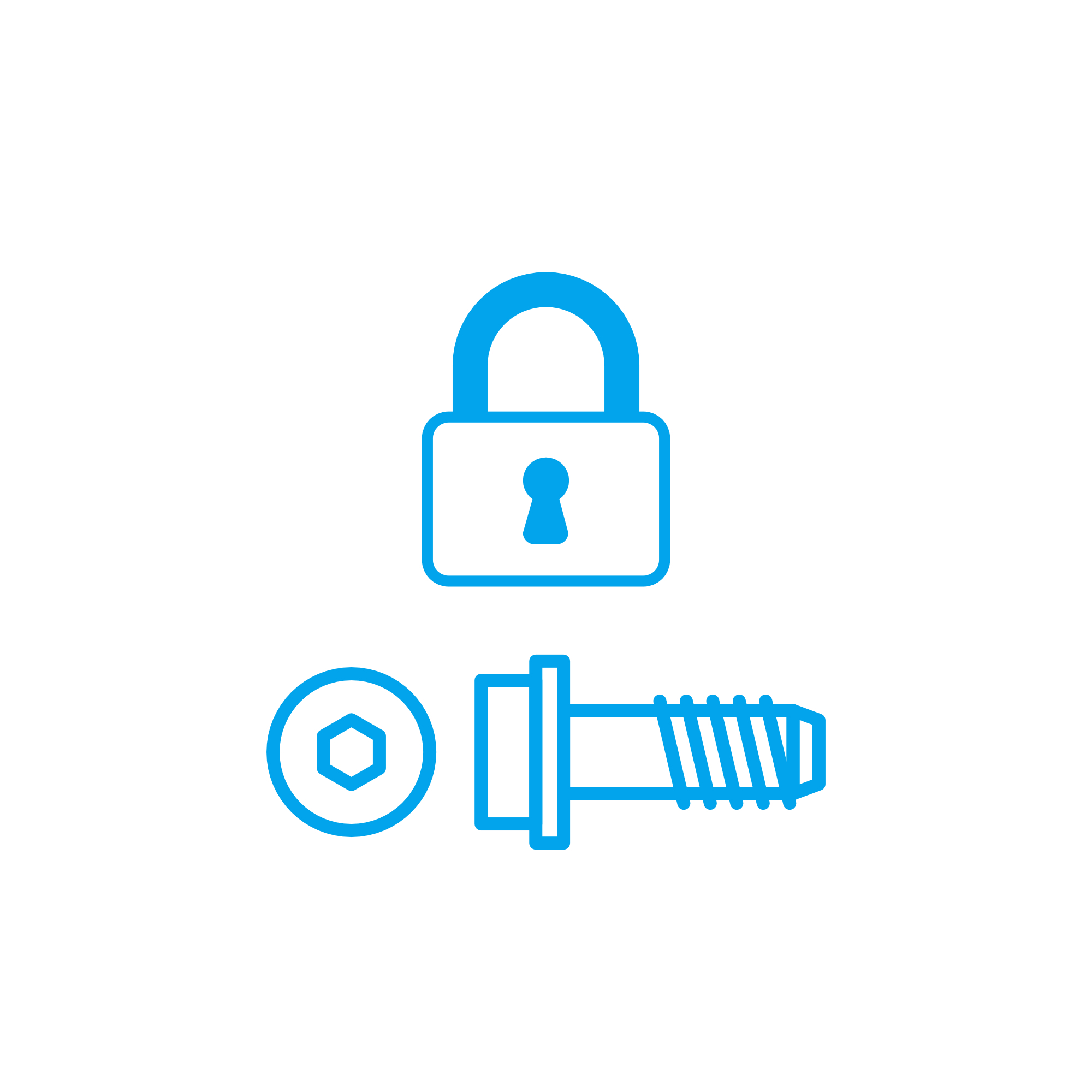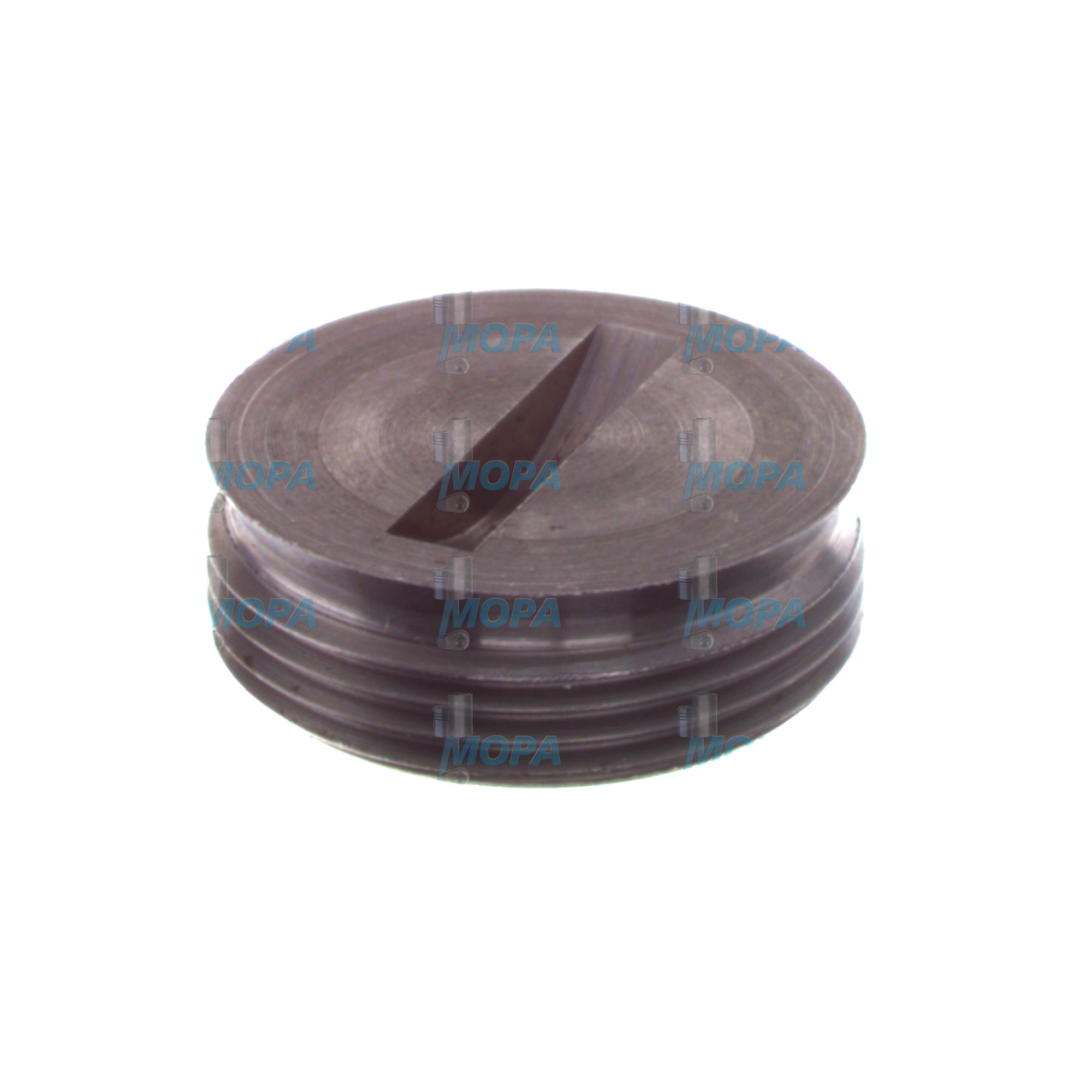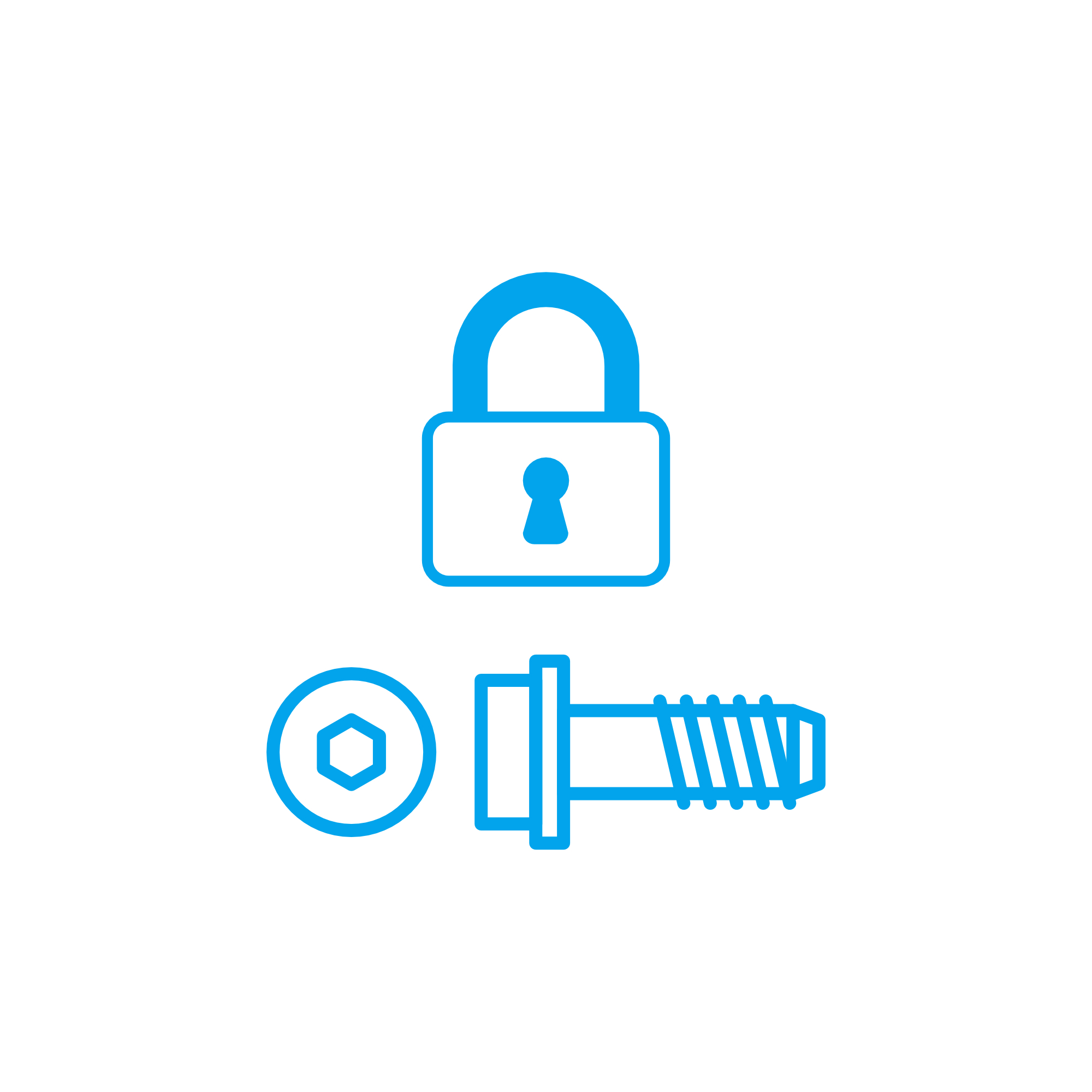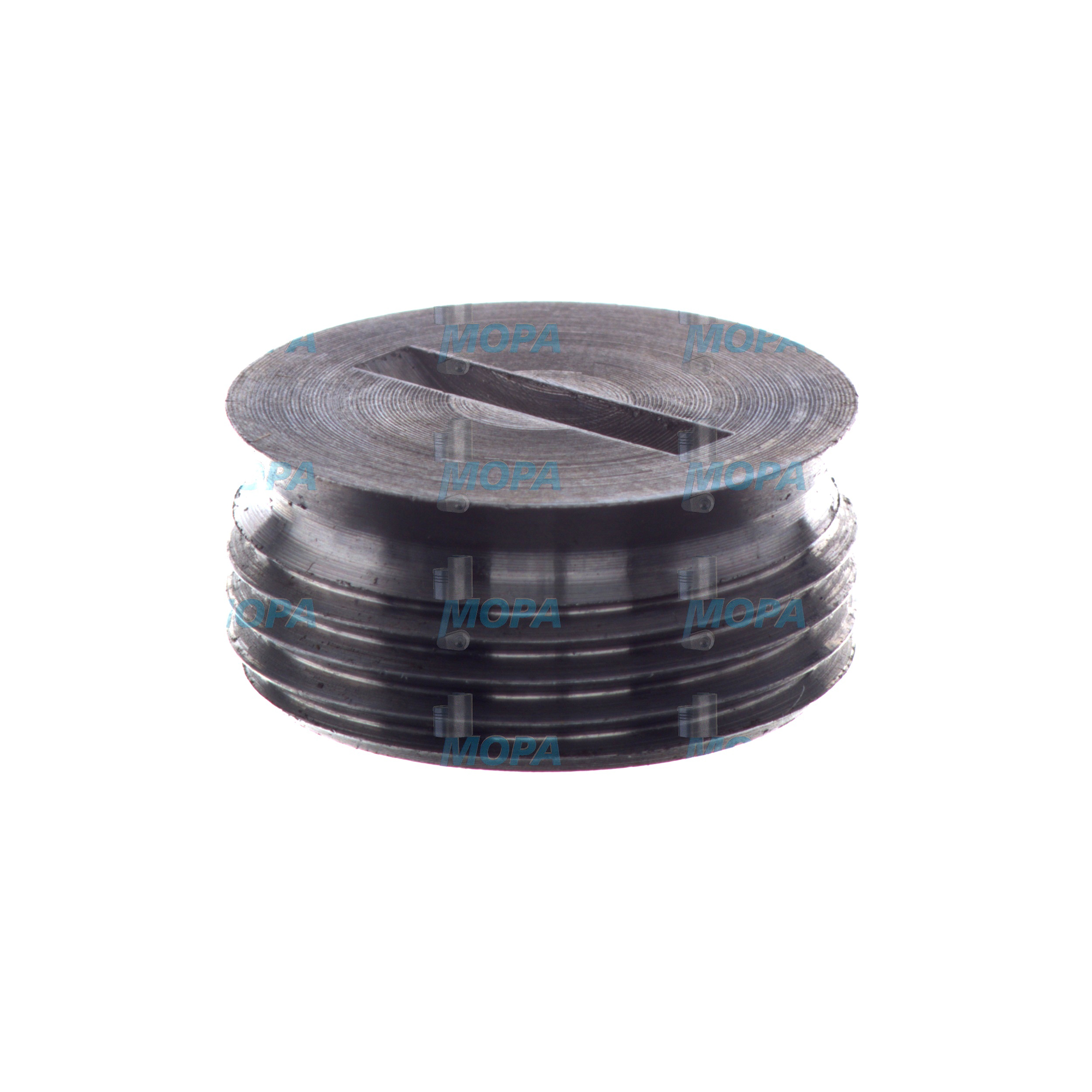SLOTTED PLUG locking parts for dependable engine performance
Locking parts are precision components that secure, position, and seal critical interfaces across an engine. This article category includes items such as slotted plugs, tab washers, lock nuts, circlips, split pins, and retaining rings—small parts that protect big investments. In diesel, gas, and marine engine applications, locking parts prevent threaded joints from loosening under vibration, maintain alignment of housings and shafts, and seal fluid galleries to preserve oil pressure, fuel atomization, and coolant flow. Without robust locking parts, even the best-maintained engines are exposed to leaks, misalignment, and premature wear.
Among these components, the slotted plug stands out as a compact sealing and retention solution. A SLOTTED PLUG closes machined ports, inspection openings, and service galleries flush with the casting surface, enabling high-integrity sealing in tight spaces. Whether it’s an oil drilling in a cylinder head, a fuel return gallery in a common-rail diesel engine, or a coolant by-pass port in a marine engine, a correctly specified slotted plug maintains system pressure and prevents contamination.
Technical function of locking parts and SLOTTED PLUG in diesel engine and marine engine systems
Locking parts serve three core functions: retention, positioning, and sealing. Retention elements such as lock washers and split pins resist vibrational loosening to preserve torque and clamp load. Positioning elements such as dowel pins and circlips ensure repeatable alignment of gear trains, housings, and rotating assemblies. Sealing elements—including the SLOTTED PLUG—close off internal galleries and ports to maintain pressure boundaries and fluid cleanliness. In a diesel engine, for example, gallery pressure directly affects bearing lubrication, turbocharger oil feed, and hydraulic lash adjusters; in a marine engine, it also influences cooling capacity and safety by preventing fuel and oil leakage in confined engine rooms.
A slotted plug is typically a headless, threaded plug with a screwdriver slot. Its function combines mechanical closure with sealing, using tapered threads (e.g., NPT), parallel threads with sealing rings (e.g., metric or BSP with bonded washer/O-ring), or pre-applied sealant to achieve leakage-free interfaces. Proper thread fit class, material hardness, corrosion protection (zinc-nickel, phosphate, or stainless steel), and the correct torque are essential to avoid micro-leaks, galling, or thread stripping. In high-load duty cycles, the SLOTTED PLUG marine engine configuration must withstand thermal cycling, salt-laden atmospheres, and continuous vibration, while a SLOTTED PLUG diesel engine application must tolerate soot, acidic blow-by, and higher oil pressures. SLOTTED PLUG OEM parts match the engine maker’s thread standards, seat geometry, and sealing strategy so that the plug sits flush and maintains designed pressure without rework.
- · Positive sealing of oil, fuel, and coolant galleries
- · Flush fit to prevent snagging and improve service access
- · Resistant to vibration, thermal cycling, and corrosion
- · Correct thread forms (metric, UN, BSP, NPT) and fit classes
- · Materials and coatings tuned to engine environment
- · Predictable torque-tension behavior and reusability criteria
- · Compatibility with bonded seals, O-rings, or pre-applied sealants
SLOTTED PLUG sealing and retention: preserving pressure and safety
Because many engine galleries are hidden within the block or head, a leaking or loose plug can be hard to diagnose yet devastating. A correctly engineered SLOTTED PLUG provides a metal-to-metal seat and controlled seal path that resists pulsating pressures from oil pumps and fuel injection events. The slot drive allows installation in confined areas, while the headless profile maintains clearance for moving parts and covers. When paired with the right sealant or washer, the plug locks out corrosion initiators and prevents weeping that could otherwise lead to loss of pressure, bearing starvation, or fire risks in engine rooms.
Importance of locking parts for engine operation and service life
Reliability starts at the fastener level. If locking parts wear, lose preload, or corrode, the effects cascade through the engine. Loss of clamping force can loosen housings and shift gear backlash; misaligned components accelerate bearing wear; and insufficient sealing reduces oil and fuel pressures, degrading efficiency and emissions. With slotted plugs, failure modes include thread fatigue, over-torque cracking, and seal degradation—each capable of producing leaks, aeration, or contamination. Over time, even minor leakage can drop oil gallery pressure below design limits, shortening component life and risking unplanned stops. In marine engine contexts, leakage control is also a safety critical element due to fire regulations and environmental protection requirements.
Regular inspection, torque verification, and timely replacement of locking parts—especially sealing items such as the SLOTTED PLUG—are fundamental to sustaining service intervals and protecting core components like crankshafts, camshafts, injectors, and turbochargers.
Advantages of OEM spare parts suitable for locking parts and SLOTTED PLUG
Selecting OEM spare parts for locking parts ensures the dimensional accuracy and material consistency required in modern engines. Tolerances on thread pitch diameter, form, and surface finish directly influence torque-tension correlation and sealing performance. Heat treatment, hardness, and coating thickness determine fatigue life and corrosion resistance—critical for long-running marine and power generation units. With SLOTTED PLUG OEM parts, the sealing interface (taper angle, chamfer, or underhead seat) is matched to the casting and gasket geometry, reducing assembly time and minimizing rework.
From a budget and uptime perspective, the right OEM spare parts reduce the risk of secondary damage, fluid loss, and unscheduled dockings or outages. They arrive with consistent specifications, enabling predictable installation torque, repeatable leak tests, and documented service intervals—key for fleet standardization and audit compliance. The result is stable performance, lower total cost of ownership, and extended service life across diesel and gas engine portfolios.
MOPA as your partner for OEM locking parts and SLOTTED PLUG
MOPA is an experienced, reliable partner for sourcing OEM spare parts in the locking parts category, including every type of SLOTTED PLUG required for marine engine, diesel engine, and stationary gas engine applications. We prioritize speed with efficient logistics and global availability, quality through rigorously vetted supply chains, and security by precise part-number verification and documentation. Our team supports purchasers, shipowners, and technical decision-makers with cross-referencing, kitting for overhauls, and short lead times—so you can maintain fleet readiness and keep critical assets online.
Conclusion: SLOTTED PLUG and locking parts that keep engines safe and efficient
Locking parts are small components with a major impact on engine integrity, and the SLOTTED PLUG is central to sealing performance in oil, fuel, and coolant systems. Choosing OEM spare parts suitable for locking parts ensures precise fit, consistent sealing, and dependable operation—protecting performance, budget, and asset life. MOPA delivers the speed, quality, and security you need to keep diesel and gas engines running at their best.

